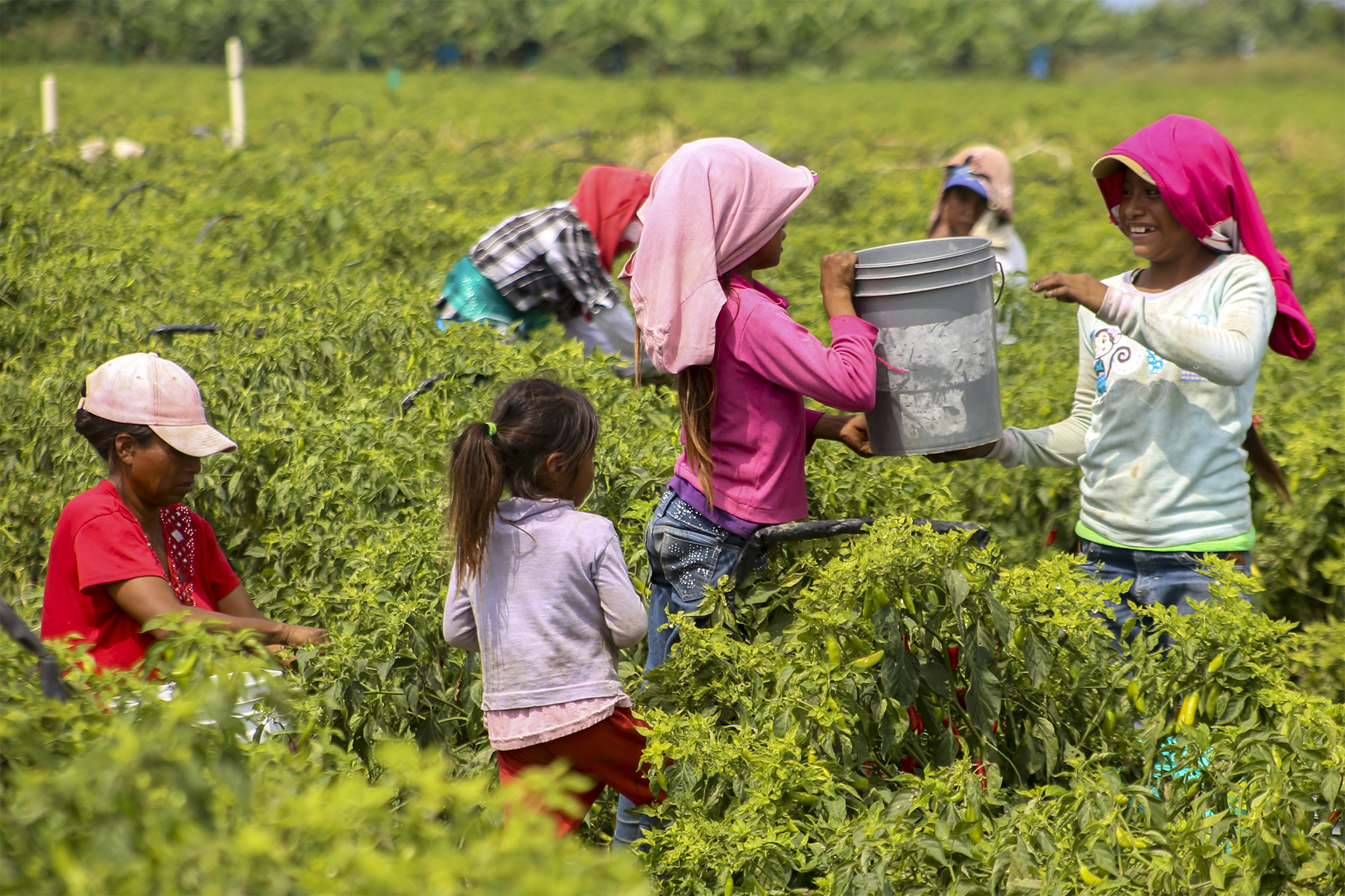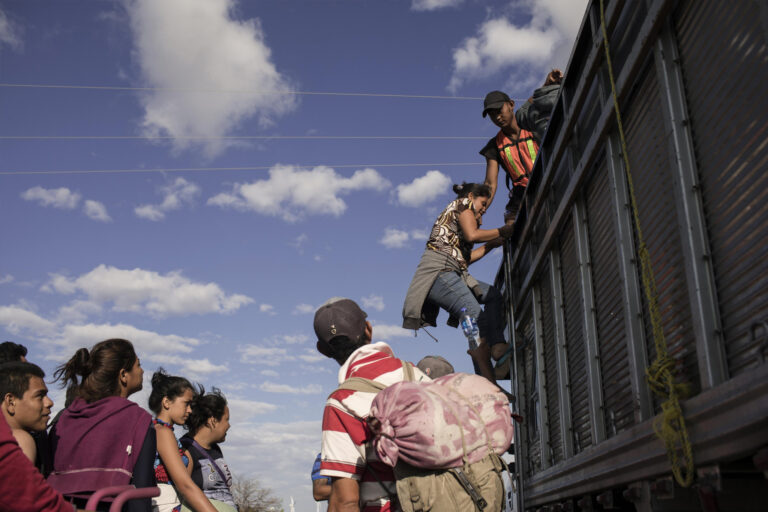Day Labourers: Victims of Cruelty
This editorial originally appeared in the August 5, 2025 edition of La Jornada, Mexico’s premier left wing daily newspaper. The views expressed in this article are the author’s own and do not necessarily reflect those of the Mexico Solidarity Project.
According to the National Council for the Evaluation of Social Development Policy, there are more than 5 million agricultural day laborers in Mexico, of which only 2.3 million are officially employed in this activity. The rest are their relatives, including minors, who go out to work with them without even being registered. Officially day laborers or not, they are completely unprotected: 84.6 percent lack an employment contract, 82.6 percent lack health services, and 71.9 percent have no benefits. In Michoacán, where tens of thousands harvest one of the most profitable fruits, the avocado, virtually all day laborers are excluded from social security. Of the children of agricultural workers of primary school age, only 16 percent attend school, while more than 150,000 do not attend school to help their families earn a living, a exclusion that perpetuates intergenerational poverty and deprives children of their basic rights.
In exchange for this work, in which they suffer debilitating accidents, deaths, and sacrifice their health from early childhood, day laborers receive miserable wages from the large corporations that control the sector. In order to avoid any obligation to those who generate billions of dollars each year, the transnational corporations create a chain of intermediaries that eliminates, on paper, the link between employees and real employers. The hallmark of these intermediaries is their violation of the law: they are outsourcing companies, although officially such a status no longer exists; they avoid registering their workers with the Mexican Social Security Institute (IMSS) and, when they do register them, they do so with lower wages than their actual wages; they ignore work-related mishaps and house migrant laborers in undignified and unhealthy conditions.
Although consumers see monthly increases in the price of agricultural products and their derivatives sold in supply centers, markets, supermarkets, or local businesses, these costs never translate into improved wages or the general situation of day laborers. On the contrary, employers implement the most despicable strategies imaginable to increase exploitation and reduce wages. For example, in 2019, 32 percent of agricultural workers received the minimum wage or less, but agribusiness has responded to the federal government’s efforts to restore the working class’s purchasing power by placing 66 percent of its employees below the minimum wage. They have also modified the traditional piecework payment system to the minimum wage when it is less than the harvest, but require day laborers to meet their piecework quota to release their payments. In plain language, they are stealing the income they generate above the minimum wage.
As in other sectors, agribusiness abuses revictimize those who already suffer other forms of discrimination. It’s inevitable to notice that the Indigenous population is overrepresented among agricultural workers, and it’s also inevitable to assume that the denial of their rights is related to the linguistic and social barriers they face in enforcing the law. In the case of women, all the hardships suffered by male day laborers are compounded by sexual violence from employers and coworkers, which almost invariably results in total impunity.
The miserable wages and degrading treatment meted out to day laborers are unacceptable under any circumstances, but they are particularly offensive when they occur in an export industry that produces untold wealth for Mexican and foreign transnational companies, as well as for intermediaries who contribute nothing to the production chain except the subjugation of workers.
It is imperative that authorities take seriously the well-being of those who dedicate their lives to putting food on the tables of others and take the necessary measures to address the endemic and systematic abuse of day laborers.
-
CNTE Announces 72 Hour National Strike & March to Mexico City’s Zócalo
The class-conscious teachers union will also make “courtesy visits” to the embassies of countries who committed atrocities against Iran, to show their rejection of US imperialism.
-
Yet Another Mexican Citizen Dies in ICE Custody
The unidentified victim is the 9th Mexican citizen to have been killed in ICE detention since the beginning of 2025; this time in Adelanto, California.
-
Let’s Talk About Migration: Trumpist Persection
Millions of women who have endured unspeakable violence on their migration journey are now being persecuted in the United States by an extremely xenophobic and misogynistic government, led by Donald Trump,




